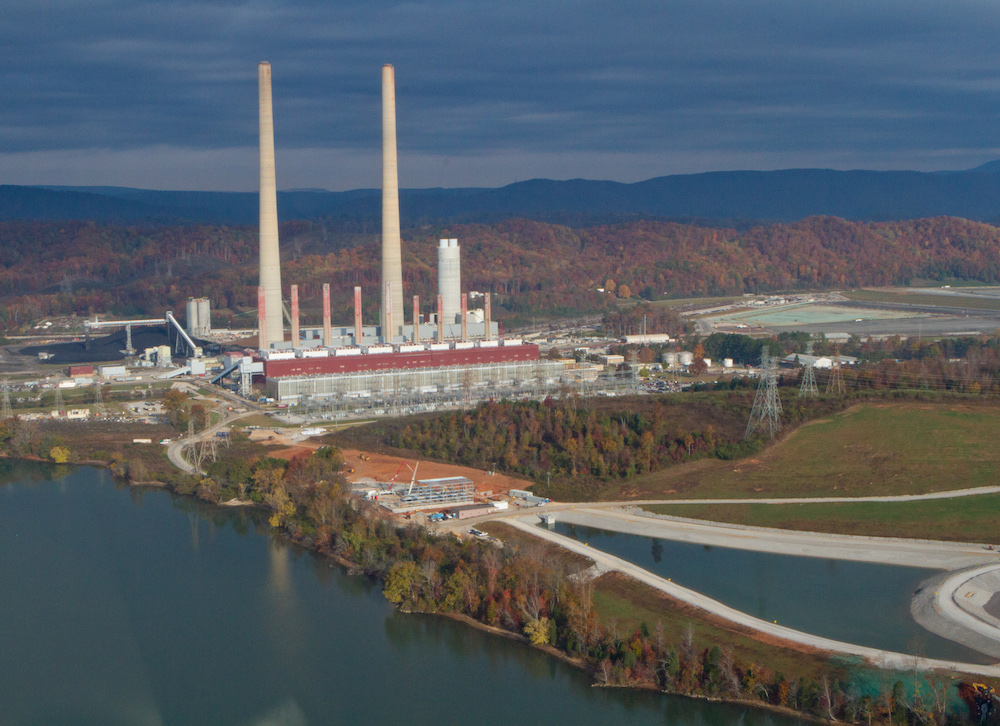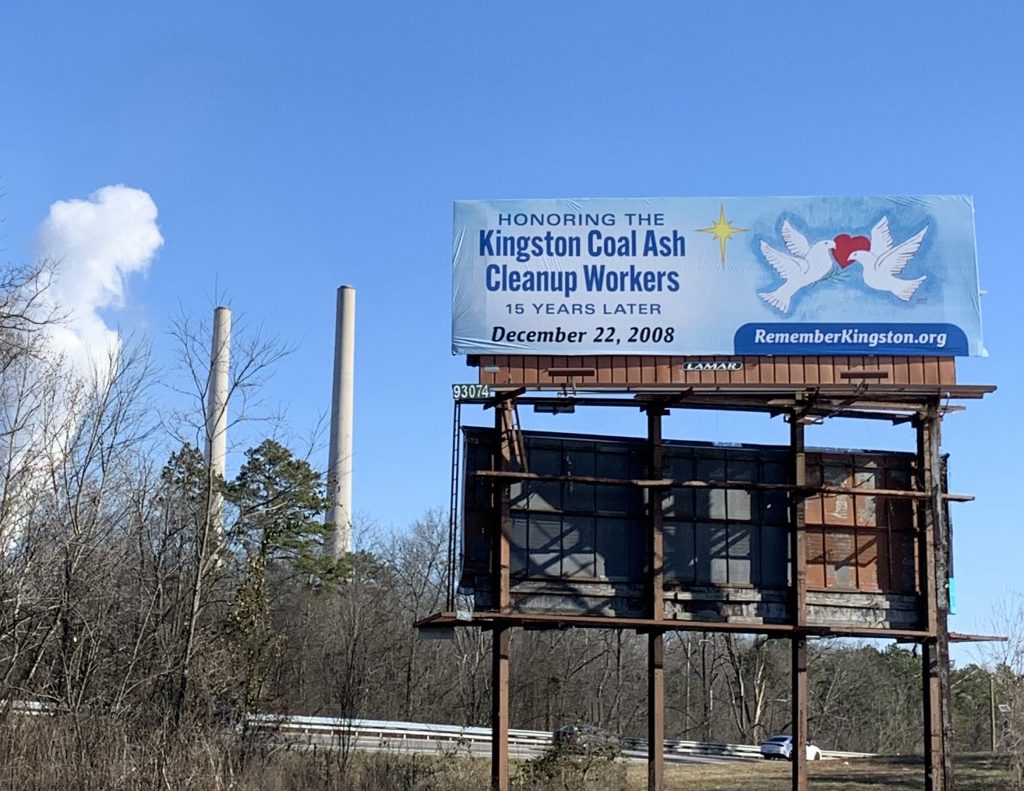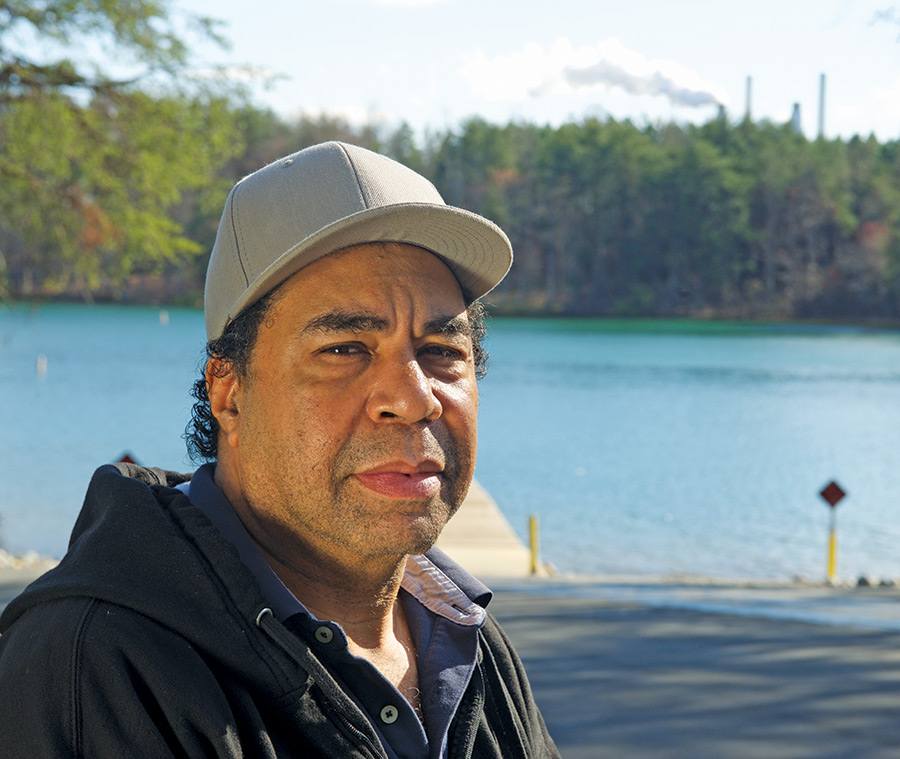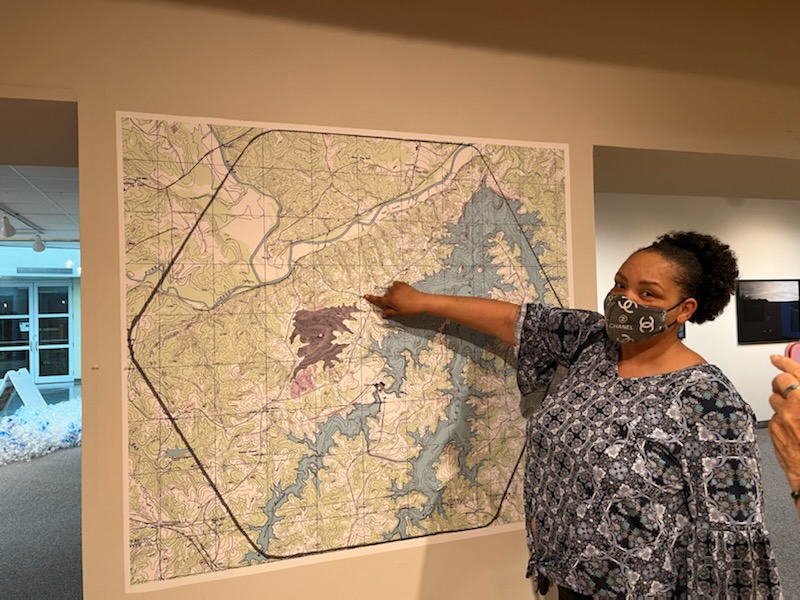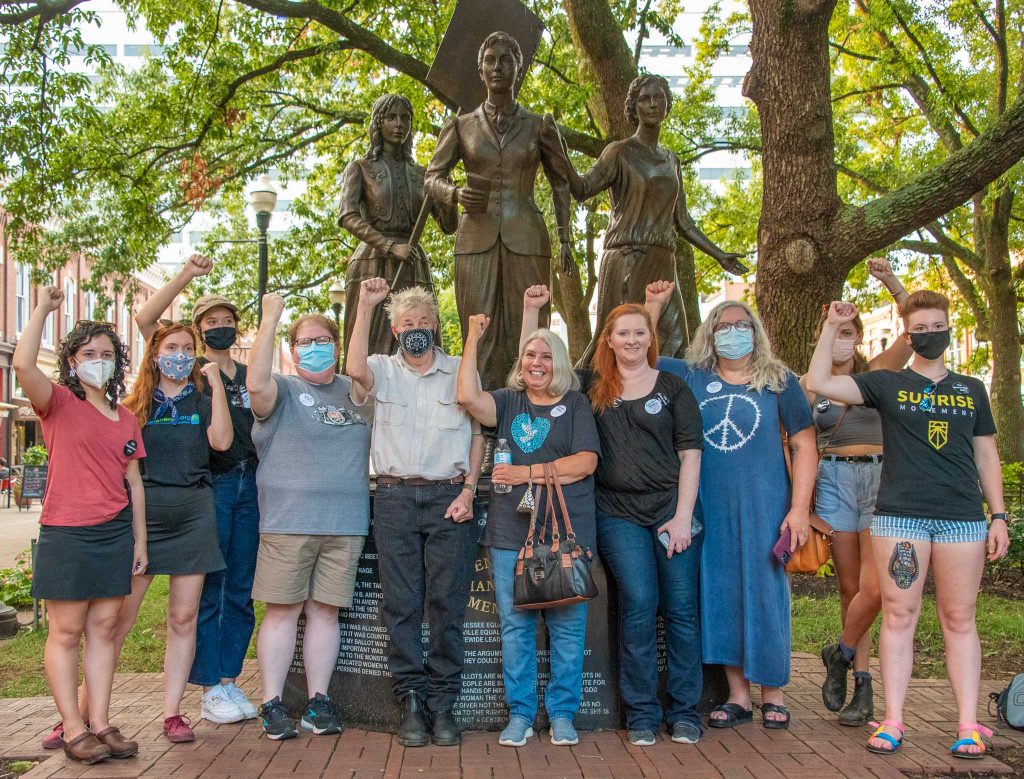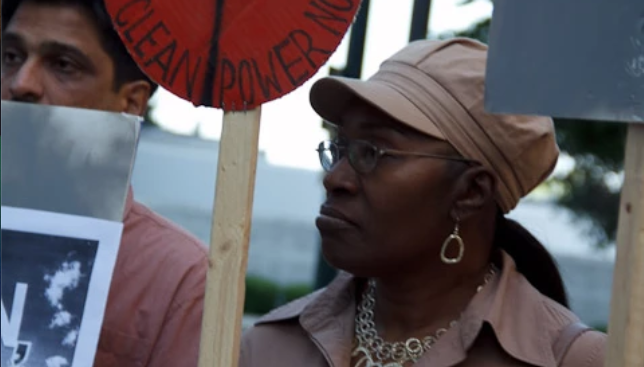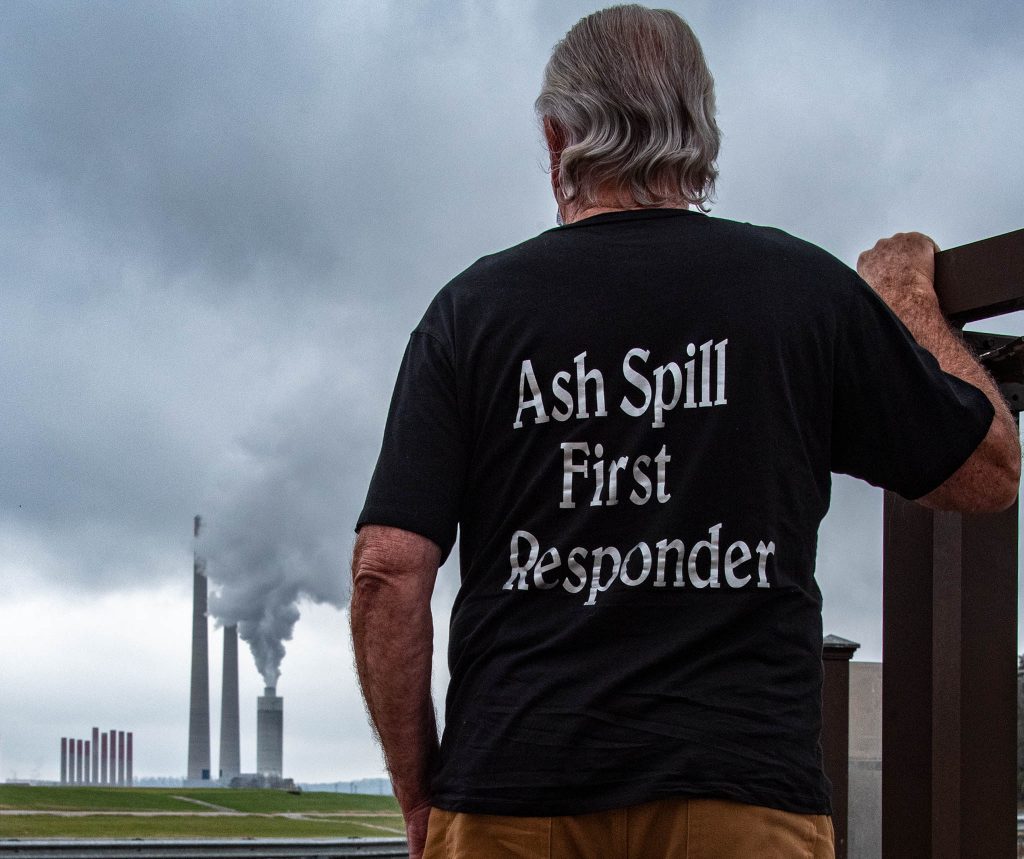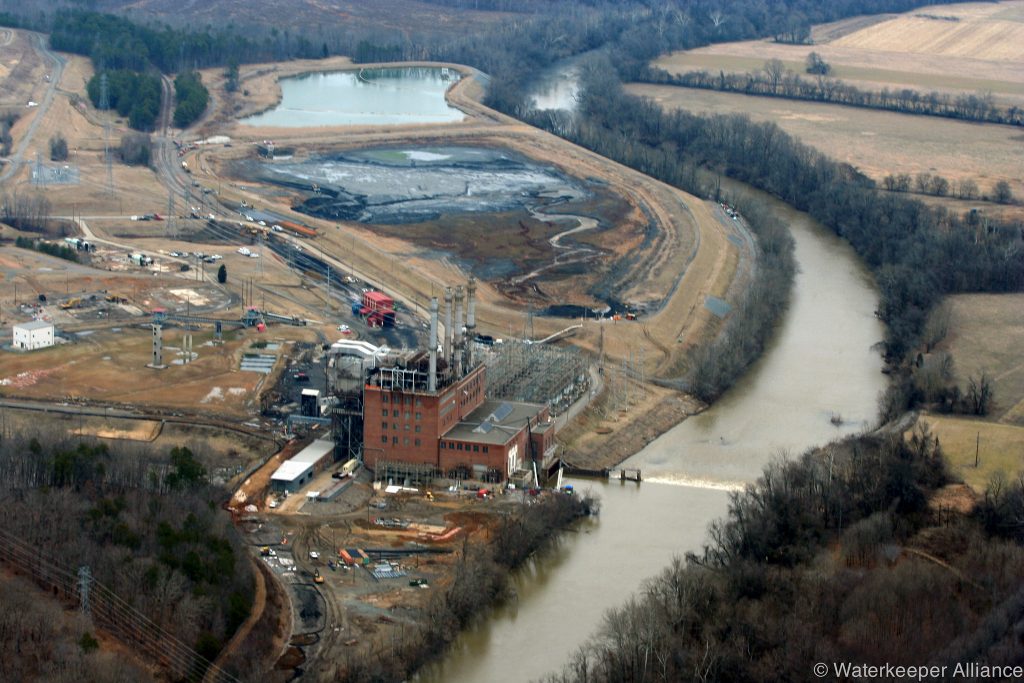Posts Tagged ‘Coal Ash’
New limits on power plant pollution aim to protect communities and the climate
EPA Action to Prevent Power Plant Pollution
New EPA rules to regulate pollution from coal and gas power plants could have major impacts on public health and the environment.
Read MoreCommunities honor Kingston coal ash cleanup workers with video, billboards, and ceremony for 15th spill anniversary
To honor cleanup workers for the 15th anniversary of TVA’s Kingston Coal Ash Spill, communities released a powerful short video and set up five billboards. Roane County, which just established the spill anniversary as an annual day of remembrance for the workers, will also hold a ceremony on Dec. 22 at 10 a.m. ET on the steps of the Roane County Courthouse: 200 E Race St #11, Kingston, TN 37763.
Read MoreRemembering David Hairston
It is with great sorrow that we reflect on the life of David Hairston, a profoundly inspirational community leader, a deeply respected member of the Appalachian Voices Board of Directors, and a treasured friend to many.
Read MoreTurning Coal Ash into Art
In Walnut Cove — a community whose history has been tainted by coal ash for decades — The Lilies Project has turned coal ash into art, and is expanding to encompass the town’s story beyond coal ash.
Read MoreNo Easy Answers on Coal Ash Cleanup
To protect groundwater and community health, coal ash ponds must be cleaned up. But, as communities in Tennessee have learned, safely removing the toxic waste brings its own set of challenges.
Read MoreCommunities call out Duke Energy’s harmful impacts
People from states served by Duke Energy recently testified before the newly formed, independent People’s Commission that the utility’s record on coal ash, electric rates and other issues is harming communities.
Read MoreMember Spotlight: Russ Moxley
River Enthusiast Joins the Appalachian Voices Board
Read MoreFight like hell for the living: Honoring Kingston coal ash workers
Twelve years after the Kingston coal ash spill, hundreds of cleanup workers are sick with lung diseases, blood and brain cancers and other ailments, and families report that as many as 53 workers have died from their exposure to the toxic Kingston coal ash.
Read MoreEPA Finalizes Weakened Coal Ash Rule
The U.S. Environmental Protection Agency’s new rule allows utilities to dump coal ash into unlined pits through April 2021, and some companies may be able to do so for longer.
Read More
